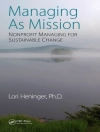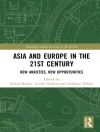Do you ever wonder if modern democracy truly aligns with religious teachings? Can a system like Shariah law offer a more just governance according to divine principles? This book holds the key to understanding these pressing questions.
Navigating the complex interplay between democracy and religion, this book critically examines the contrasts and conflicts between democratic ideals and Shariah law. It delves into the philosophical and practical flaws inherent in modern democratic systems, particularly critiquing the adherence to these ideals within the American framework. The author argues compellingly for the superiority of a governance system rooted in divine laws, as prescribed in the Quran. By exploring the narratives of believers and disbelievers, as well as lessons from Prophet Muhammad, this book offers a unique perspective on justice, faith, and governance. It encourages readers to reflect on historical prophets’ teachings and the consequences of disregarding divine guidance.
By bridging the gap between complex religious teachings and contemporary political systems, this book offers profound insights into forming a governance model that aligns with divine justice and guidance. It challenges you to rethink governance and justice through the lens of faith. This narrative details the destructive flawed foundations of Democracy, destroying the mythology behind the innovated political system which has become a valued religion to many voters and politicians.
Armed with historical insights and religious teachings, this book challenges you to rethink the foundations of justice and governance and to consider the profound implications of integrating Shariah law into modern society.












